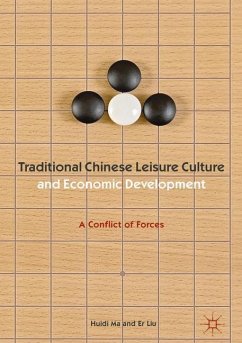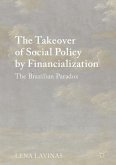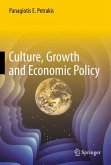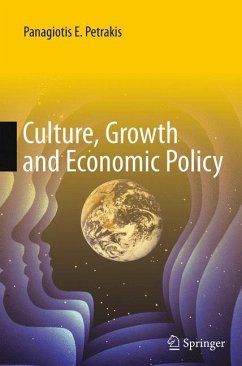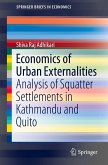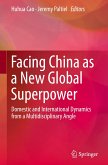This book explores the history of leisure in Chinese culture by tracing the development of Chinese philosophy and leisure values in Chinese tradition and civilization. It addresses the tremendous changes in Chinese society brought about by the country's rapid economic development and the impact on Chinese culture and leisure. It considers the social, political and economic challenges facing China, from corruption to sharpening inequalities, from ecological crisis to the need for a revival of Chinese culture and for political democratization. It suggests that leisure can exert an invisible and formative influence on people's lifestyle and value system and considers ongoing trends in the development of leisure activities as they relate to modern Chinese society and social reform.
Bitte wählen Sie Ihr Anliegen aus.
Rechnungen
Retourenschein anfordern
Bestellstatus
Storno

